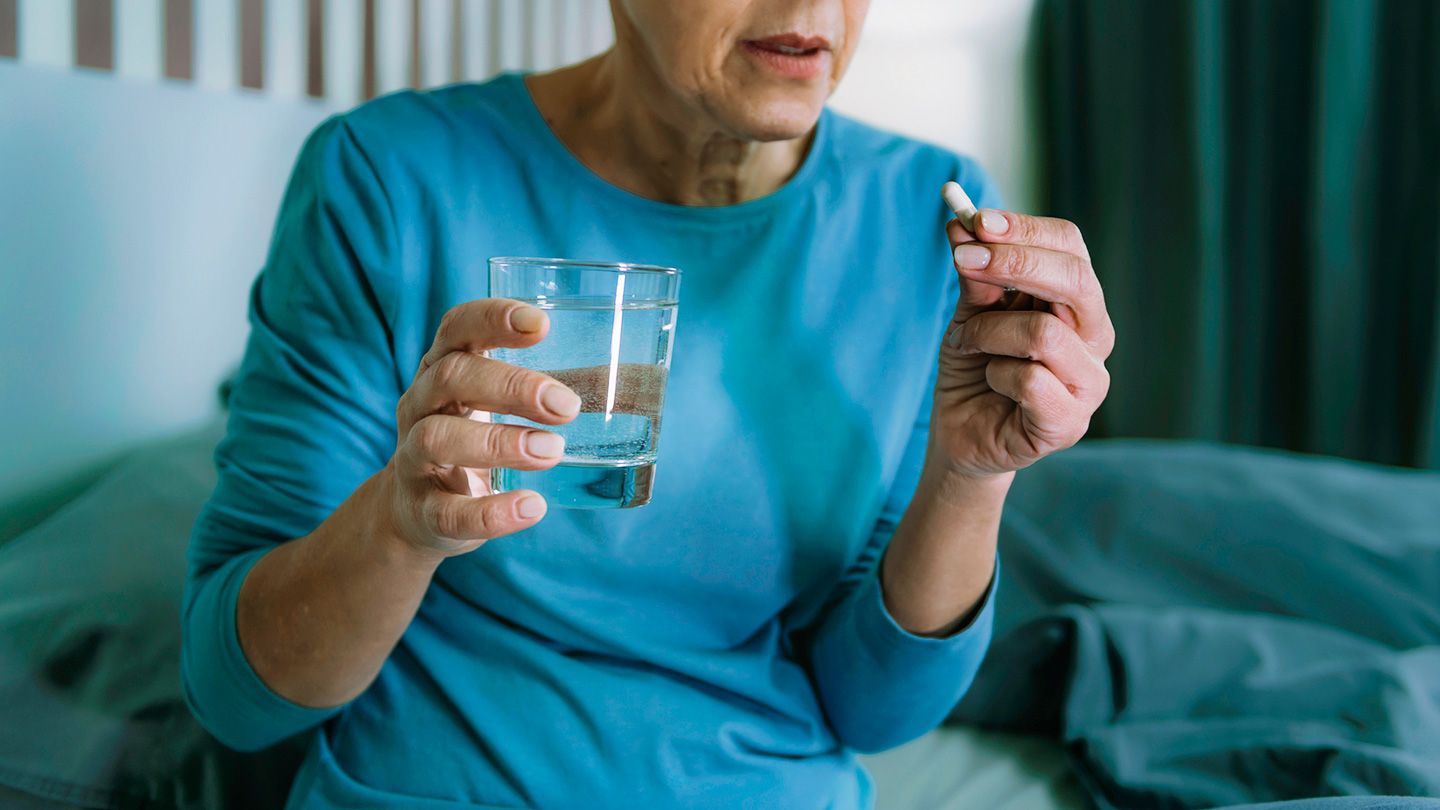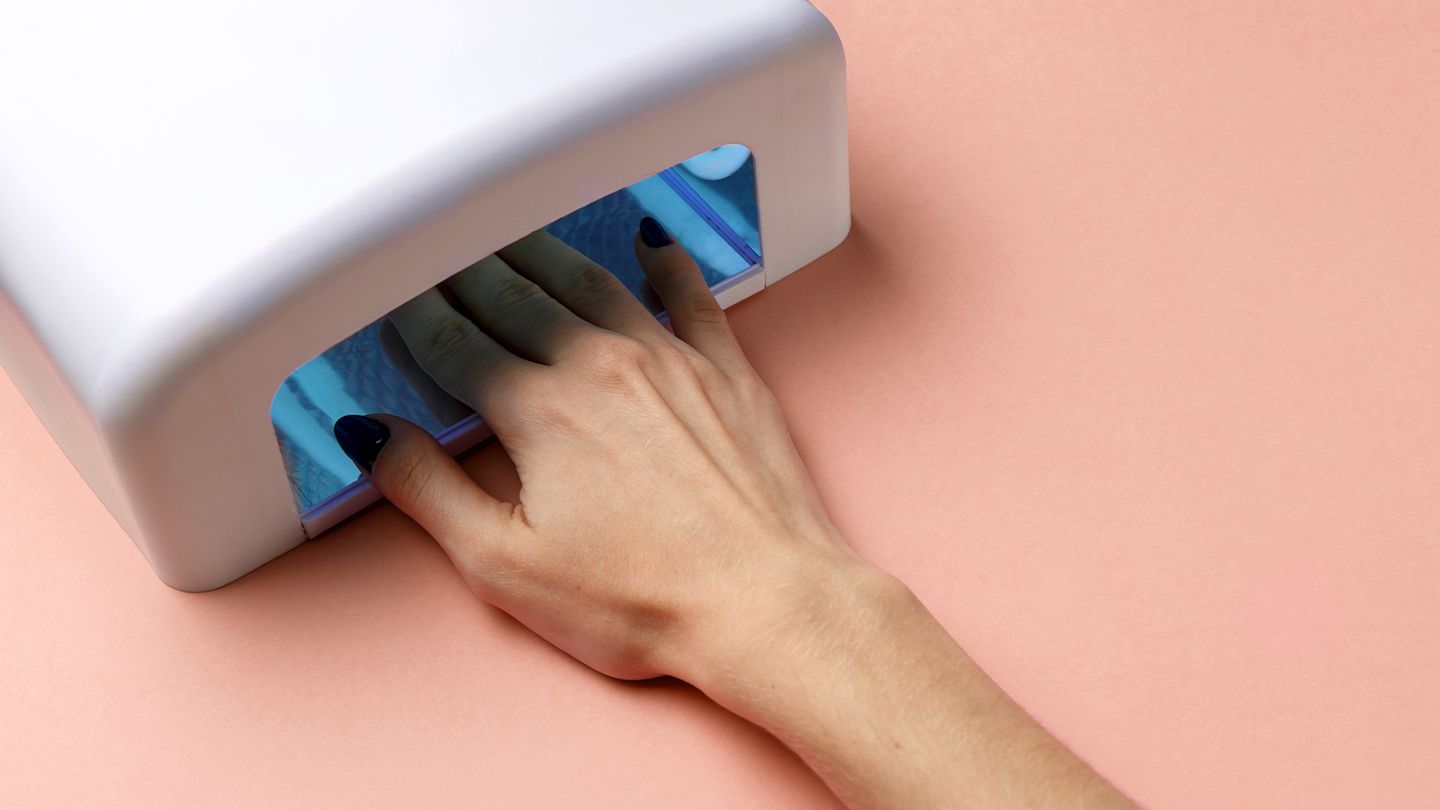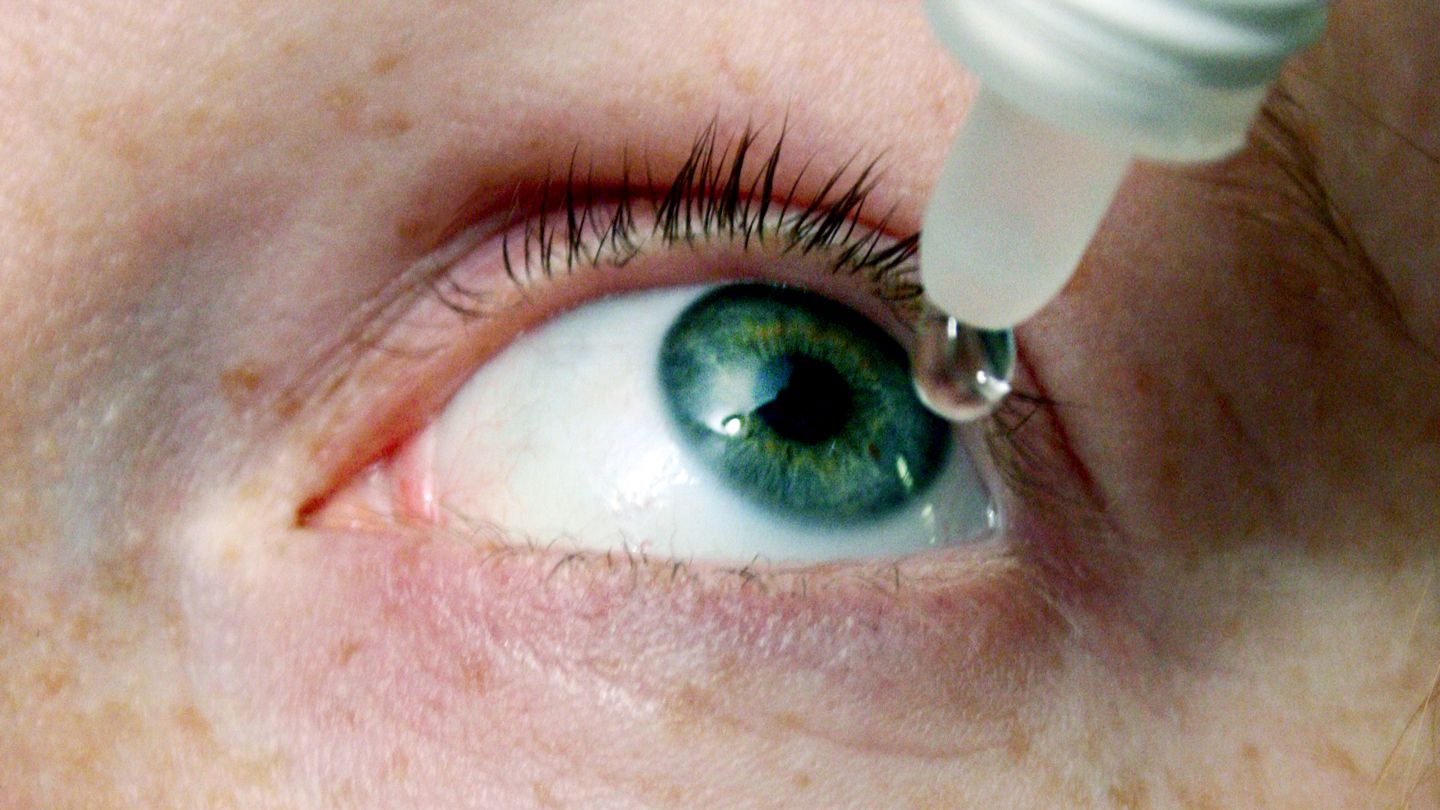Many people regularly reach for over-the-counter or prescription pills to get a good night’s sleep. Slightly more than 8 percent of adults say they use sleep medicines nightly or most of the time, according to a report released in January by the Centers for Disease Control and Prevention (CDC).
Women use sleeping pills and other sleep medicines even more often — 10.2 percent routinely use these aids, compared with 6.6 percent of men, the CDC reports.
The gender gap persists among middle-aged and older adults, who rely on sleep medicines even more than younger people. Among individuals 45 to 64 years old, 13 percent of women and 7.1 percent of men take these pills, as do 13.5 percent of women and 10.1 percent of men over 65.
White people, particularly white women, also appear to rely on sleep medicines more than other racial or ethnic groups. Overall, 10.4 percent of all white adults and 12.6 percent of white women use these medicines, compared with 6.1 percent of Black people overall and 7.2 percent of Black women. Use was even lower among Hispanic and Asian people overall and women.
“Women, older adults, and white adults are more likely to have complaints about sleep problems or insomnia, so it is also not surprising they have higher rates of sleep medication use,” says Kristen Knutson, PhD, an associate professor and researcher at the Center for Circadian and Sleep Medicine at Northwestern University in Chicago who wasn’t involved in the CDC report.
Sleeping Pills Shouldn’t Be the First Thing You Try for Sleep Problems, Experts Say
Sleep aids shouldn’t be the first solution for insomnia, Dr. Knutson says. If sleep issues are regularly interfering with your daily life, it’s important to see your doctor to rule out any underlying medical issues that might disrupt sleep, such as obstructive sleep apnea, Knutson advises. “Obstructive sleep apnea, which is a common sleep disorder, is not treated by over-the-counter (OTC) sleep aids,” Knutson says.
Next, it’s worth taking a close look at your daily routines and bedroom environment to make sure nothing is sabotaging your sleep. “This could include drinking caffeine too late in the day, staring into bright screens right before bed, or leaving the TV or lights on,” Knutson says.
The CDC offers several tips for a better night’s sleep:
- Regular bedtimes Go to sleep and wake up at the same time every day, including weekends.
- Bedroom climate Make your bedroom as dark and quiet as possible, and set the thermostat at a comfortable temperature.
- Remove screens Don’t keep a television or computer in your bedroom, or spend lots of time in bed on your phone.
- Watch what you eat and drink Avoid alcohol, caffeine, and large meals within a few hours of bedtime.
- Get moving Being physically active during the day can help you fall asleep more easily at night.
If doing these things doesn’t help enough, the first treatment you should try isn’t pills, Knutson says. Before you reach for prescription or over-the-counter sleep medicines, try a form of talk therapy known as cognitive behavioral therapy (CBT). Some previous research suggests that CBT can help improve insomnia and other sleep problems more effectively than prescription sleep medicines.
CDC Study Didn’t Distinguish Between Melatonin Supplements, OTC Medicines, and Prescriptions
One limitation of the CDC report is that researchers lacked data on what types of treatments people considered “sleep medicines,” making it impossible to determine whether they were primarily using prescription drugs, over-the-counter treatments, or supplements such as melatonin that are commonly used as sleep aids.
It’s likely that many people in the CDC study who reported regular use of sleep medicines were taking melatonin, says David Neubauer, MD, a sleep researcher and an associate professor of psychiatry and behavioral sciences at Johns Hopkins University School of Medicine in Baltimore who wasn’t involved in the CDC report.
“Melatonin is a very popular choice, perhaps because it is assumed to be ‘natural’ and safe,” says Dr. Neubauer. Melatonin, however, isn’t always effective and only helps certain types of sleep problems, Neubauer notes.
Beyond this, the downside to melatonin and over-the-counter sleep aids is that people often get these without seeing a doctor, and delay diagnosing more serious medical issues that could be at the root of their sleep problems, Neubauer says.
“When nighttime sleep difficulty or daytime sleepiness has a negative impact on how someone is feeling and functioning during the daytime, they should consult with a healthcare professional to evaluate the symptoms,” Neubauer advises.




